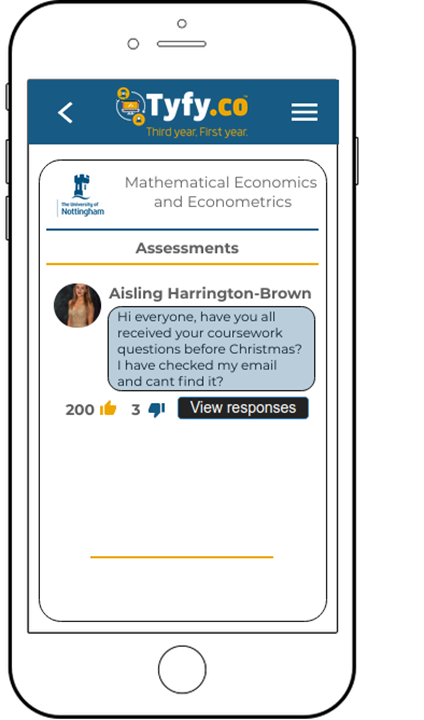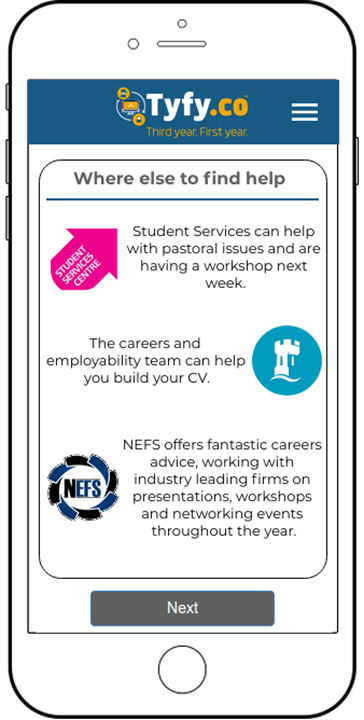Like a lot of the key issues facing Higher Education today, ‘widening participation’ has become something of a buzz phrase. Universities are flooded with widening participation schemes aiming to help increase the proportion of first generation students, state school students and students from low income families accepted onto degree courses. And, for the vast majority, it seems to have proven successful. Now, around half of all students starting University are the first in their family to do so, which would suggest great progression. Indeed, University is no longer the exclusively rich, white and male experience that it once was. But the fact remains that these underrepresented students, whilst successfully encouraged to apply to University, find, upon arriving, that they still lack the support they need to succeed.
“Students with low socio-economic status have a drop out rate of 31.1%.”
1 in 10 students drop out of University in their first year. And students with low socio-economic status have a drop out rate of 31.1%. So, in a system whereby disadvantaged students are encouraged to start University, but aren’t encouraged to stay, something must be going wrong.

Are we doing more harm than good?
Worryingly, the very work Universities are doing to make their campus’ more inclusive might be the root of the problem. Rachel Hewitt, director of policy and advocacy at think tank Higher Education Policy Institute, says the lack of retention amongst WP students “could be down to some universities recruiting students at a rate which leaves them not able to offer them the levels of support required for all students”. In other words, it might be deduced that Universities are biting off more than they can chew. Focusing more on obtaining students, than making sure they can provide for them.
How can we continue to welcome more and more students from widening participation backgrounds, whilst ensuring our widening participation schemes offer the necessary resources to provide them with the support they need? The answer isn’t actually as impossible as it seems.

Supplementing widening participation schemes
It’s no secret that academic staff are run off their feet. They’re desperately trying to listen to, support and accommodate thousands of students, all of whom have their own specific needs. At Tyfy, we want to help ease the pressure by, simply, taking the problem off your hands.
- Our peer mentoring software matches students based on course and module, so that mentees have access to academic support that helps them settle into University.
- Our system of reviews allows mentors to build a catalogue of evidence of their employable skills. They can enter the scary world of graduate employment with proof they possess qualities employers look for.
- Our quality monitoring gives you an extra point of contact to check in on potentially at risk students.
- Taking the process online ensures students engage. As with most things in the 21st century they can do it on their phones.
Listening to students
So much time is spent preparing for, collecting and acting on student feedback that it’s rare a problem is solved in time to benefit the students who notified you of it in the first place. That’s if they’re brave enough to speak up at all. Students using Tyfy have access to a group chat function where they can discuss shared issues and common problems, whether with their course or their well being. Academic staff who’s students use Tyfy have access to this information and they can identify and solve these issues in real time. Rather than waiting for a module evaluation form or for a student to come to you with a problem (rare), you can support them when they need it most. Before they feel compelled to leave.

Supporting students
I spoke to a faculty member last week who told me “It’s not that I don’t have the time to talk to students – they’re my most important stakeholders – it’s that I’m so busy with everything else that sometimes its hard to find the balance”. However regrettable, it’s a simple fact of academic life. Staff simply don’t have as much time as they would like to focus on the students they chose this occupation for. At Tyfy, we want to make supporting students easier, and less time consuming, by helping them help themselves.
Our peer mentoring software matches students based on course and module. They can receive specific, bespoke and reliable advice on the academic issues they need support with. No laborious matching process, no ‘this could have been an email’ meetings with your first year asking how to reference. Taking peer mentoring online allows you to get back to your real job. And quality monitoring means you can still step in if there’s a serious concern. We also refer students back the amazing services you already offer, to make sure you reach the people who need your help.

Levelling the playing field
If students from low income back grounds are struggling to adjust to University life, its safe to assume that the costs of University living are at least in part to blame. Today’s typical student can expect to budget between £4502 and £10703 for books and equipment per year. For students who can’t afford this, missing out on assigned reading and under-performing in an exam means losing confidence in their abilities. And this is a very real contributor to the likelihood of dropping out.

Tyfy’s book sale function aims to alleviate some of this pressure. By allowing students to buy/ sell secondhand text books at a fixed rate (more student friendly than any existing competitors), we allow students at a financial disadvantage the same chance everyone else gets to succeed.
A final word
Ultimately, its not just WP students that can feel alienated by campus life . Many students feel like they don’t ‘fit in’ or ‘belong’. But it can’t be denied that these students aren’t really getting all of the support they need. Get in touch via james@newtyfy-hgfaj17rgb.live-website.com for some more information on how we can help you help them succeed.
Like this post? Subscribe to our newsletter and we’ll send you monthly updates on higher education news, issues and all things Tyfy!
Related posts:
